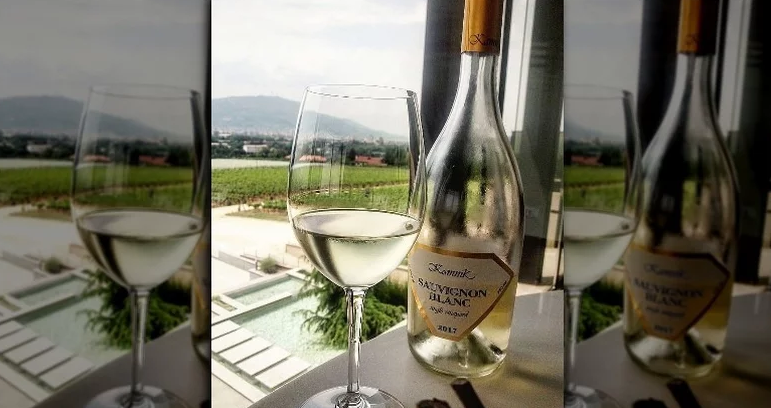Wine vs Cooking Wine: Understanding the Differences and Their Culinary Uses
When it comes to cooking, wine can be a versatile and flavorful ingredient. However, not all wines are created equal when it comes to culinary applications. In this article, we will explore the differences between wine and cooking wine, highlighting their unique qualities and discussing how they can enhance your dishes. Whether you are a seasoned chef or an amateur cook, understanding these distinctions will help you make informed choices in the kitchen.
1. The Basics of Wine:
Wine, a beverage made from fermented grapes, has been enjoyed for centuries. It comes in various types, including red, white, and rosé, each with distinct flavors, aromas, and characteristics. Wines are typically classified into categories based on their level of sweetness, acidity, and body. They are crafted to be enjoyed on their own or paired with food to enhance the dining experience.

The color of wine
2. What is Cooking Wine?
Cooking wine, on the other hand, is specifically made for culinary purposes. It is a type of wine that has been processed with added salt and preservatives, making it unsuitable for drinking but ideal for cooking. Cooking wine often has a longer shelf life due to the added preservatives. It is available in various flavors, such as red, white, or even specialty options like sherry or marsala.

Sauvignon Blanc
3. Flavor Profiles:
One of the primary differences between wine and cooking wine lies in their flavor profiles. Wine is crafted to offer a wide range of flavors, from fruity and floral to oaky and tannic. These flavors can significantly impact the taste of a dish when used in cooking. Cooking wine, on the other hand, tends to have a more concentrated and intense flavor due to the added salt and preservatives. It is important to consider the desired outcome and balance of flavors when choosing between the two.
4. Alcohol Content:
Another distinction between wine and cooking wine is their alcohol content. Wine typically contains a moderate to high level of alcohol, which can contribute to the flavors and textures of a dish during the cooking process. Cooking wine, on the other hand, often has a significantly lower alcohol content or has been completely removed. This is because excessive alcohol can alter the taste and consistency of certain dishes.
5. Culinary Uses:
Both wine and cooking wine have their place in the kitchen, depending on the intended use. Wine is often used in recipes to enhance flavors, deglaze pans, or create flavorful sauces. Red wine, for example, is commonly used in braised meat dishes, while white wine is favored for seafood and poultry recipes. On the other hand, cooking wine is commonly used in dishes that require longer cooking times or in recipes that call for larger quantities of wine. It can add depth and complexity to sauces, stews, and marinades.

Use Red or White Wine for Cooking
6. Considerations for Substitution:
In some cases, wine and cooking wine can be interchangeable in recipes. However, there are a few factors to consider when substituting one for the other. Cooking wine is often saltier than regular wine due to the added sodium, so adjusting the salt content in the dish may be necessary. Additionally, the intensity of flavors may differ, so experimenting and tasting as you go is crucial to achieving the desired result.
In the world of culinary arts, wine and cooking wine play distinct roles. While regular wine is crafted for drinking enjoyment, cooking wine offers a convenient option for enhancing flavors in the kitchen. Understanding the differences between the two, including their flavor profiles, alcohol content, and culinary uses, will allow you to make informed decisions when selecting the right wine for your recipes. Whether you choose to use wine or cooking wine, both can elevate your dishes to new heights of flavor and complexity. So, uncork your creativity and savor the joy of cooking with the perfect wine!